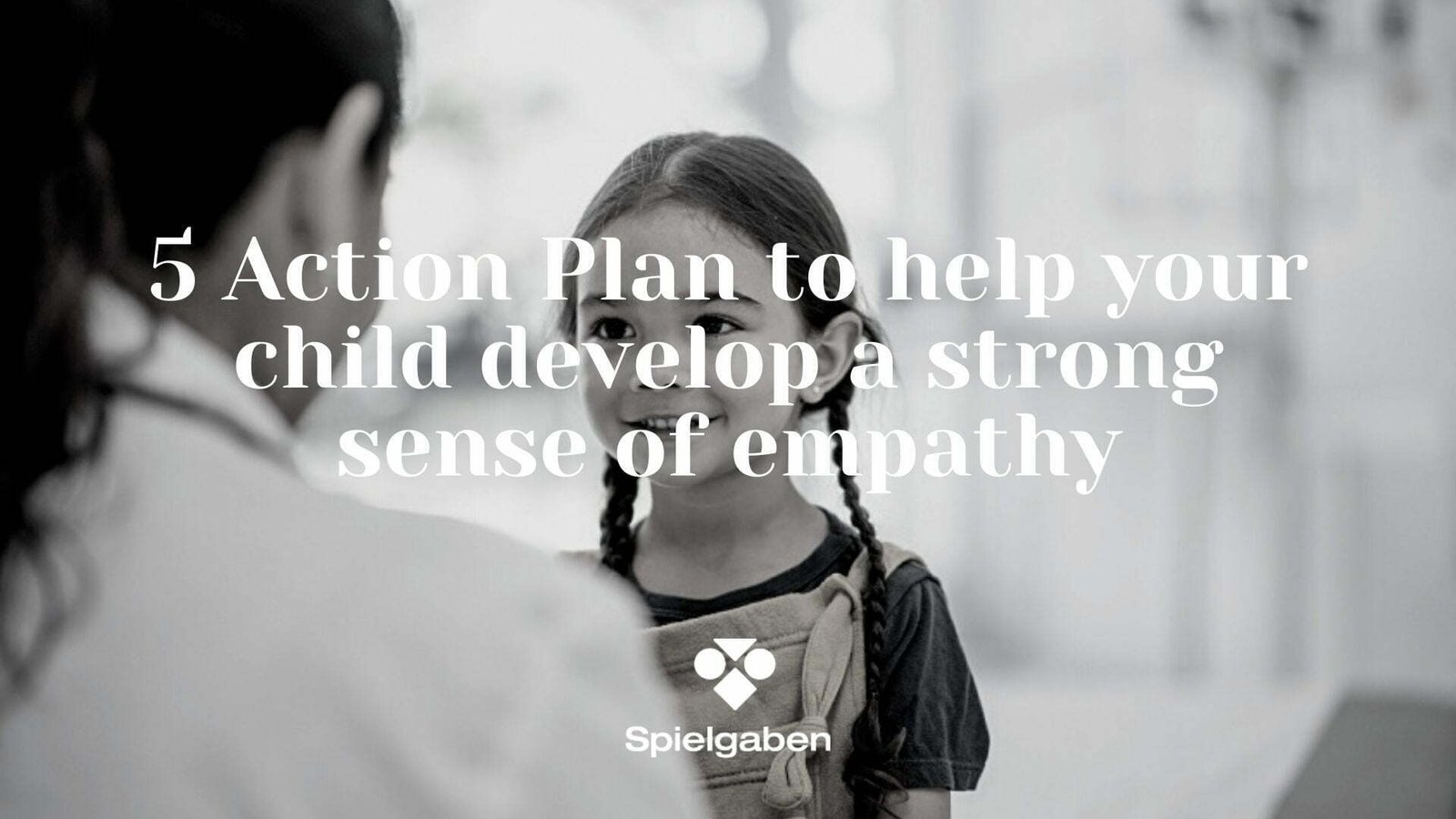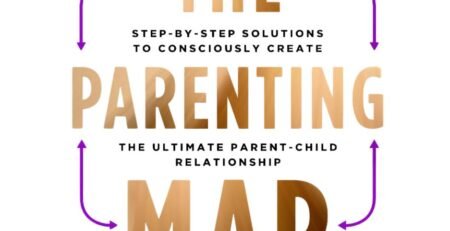5 Action Plan to help your child develop a strong sense of empathy
Helping young children to develop a strong sense of empathy is very important.
It helps them to build a sense of security and stronger relationships with other children.
It encourages tolerance and acceptance of others. It promotes good mental health.
And, the problem is that empathy can be so hard to teach nowadays because our hyper-competitive world boosts “Me Versus You”, and Technology reduces Human Connection and children are nowadays glued to screens.
Here are 5 Action tips to help children to learn & develop empathy.
1) Set Digital Limits and Encourage Face-to-Face Connection
Eight to twelve-year-olds now average about five hours of screen media a day; teens view about seven and a half hours daily (not including the use of screens at school or the use of computers for homework).
We suggest family gathers together and add up how often each family member is plugged in and decide the total minutes of data use allowed and specific times, and places and decide on digital free time zone and places such as Mealtimes, family gatherings, homework, and bed are often “family sacred, unplugged times.”
Then, have every family member sign a technology contract as a reference, and stick to it, including Parents! Without parents being part of it, children will not see the importance of it and will not bind by it.
Second, Create Family Connections. Put digital devices out of sight or in a drawer at family gathering times and revive face-to-face connections and conversations.
Third, Encourage “real-time” peer relationships. Ensure that your child has opportunities to enjoy face-to-face peer interaction. Establish playdates, library readings, and park outings for younger kids. Find sports that nurture team building, camping, group music, art or dance classes as they get older. Kids need to read each other and learn to connect to keep their empathy intact.
2) Give opportunity to help others
Children who are given the opportunity to help others tend to become more helpful.
Contributing in a meaningful way is also proven to reduce stress and increase resilience.
So help your child reflect on her giving or helping experiences: “What did the person do when you helped?” How do you think he felt? How did you feel?” It is also a good idea to take photos of your child with recipients and frame them. These images will brighten his day and remind him of his greatness.
3) Praise Caring
We are so fixed on raising “Academically elite” students that empathy is low on our parenting agendas. Nurturing empathy begins with our intentional efforts that let our kids know we value caring at least as much as achievement. Whenever our children show “empathy” – like helping, caring, assisting, and comforting- we need to acknowledge it so children know that we value good behaviours.
4) Provide ongoing caring opportunities.
Kids learn empathy through repetition. Whether it’s helping a friend, lending a hand around the house, or collecting clothes and blankets to give to the shelter, children’s empathic concern increases with repeating opportunities. Find ongoing ways to inspire kids to practice helpfulness and caring with the same efforts that we have for their academics and sports.
5) Teach How to Care
Empathic concern can dip if kids don’t know how to care. Don’t assume that they know how.
Michele Borba, Author of “UnSelfie” made a great Caring formula and it is called CARE.
C = Console. “I am sorry.” I know it is not true. “You didn’t deserve that.”
A = Assist. Run for first aid. Call others to help. Pick up what’s broken. Ask: Do you need help?” “Do you want me to get a teacher?”
R = Reassure. “It happens to other kids.” “I am still your friend.” “I am here for you.”
E = Empathize. “She did that to me and I was so upset.” “I know how you feel.”
We hope these quick action guides will help your child develop Empathy and build a sense of security and stronger relationships with other children.
Happy Parenting.













LEAVE A COMMENT